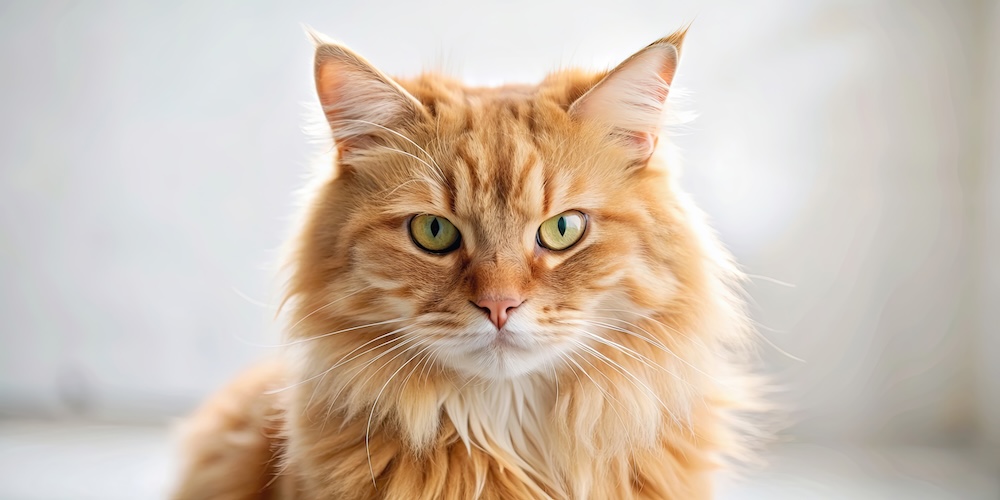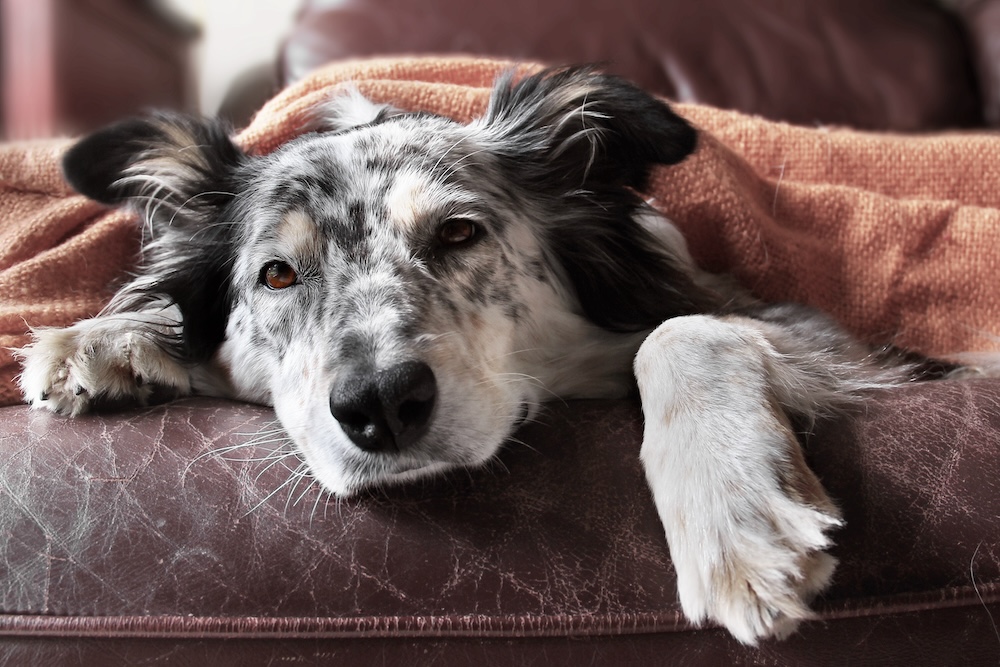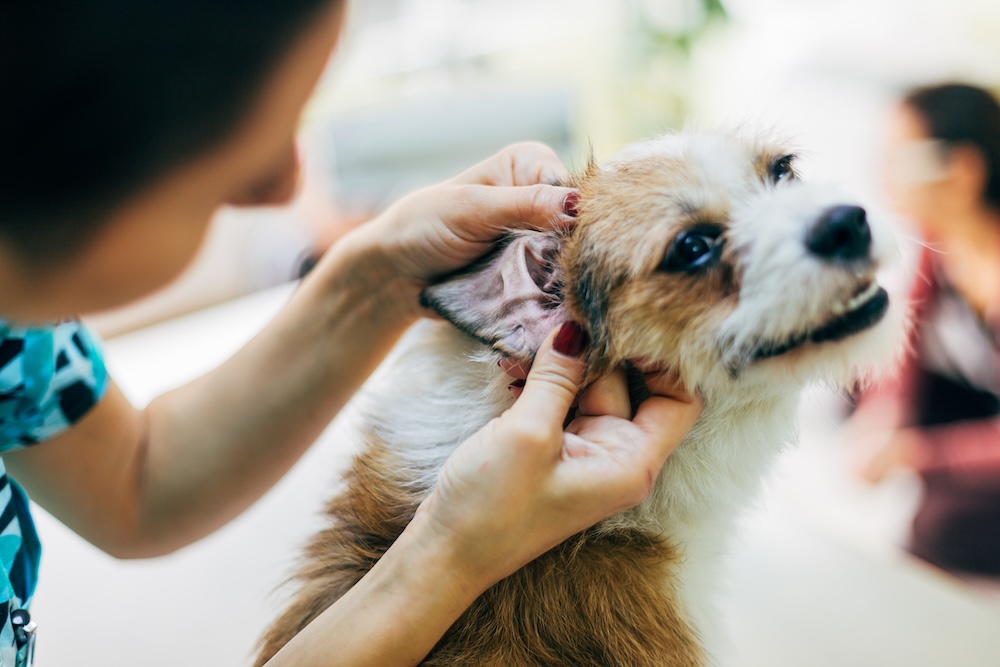It can be distressing seeing your cat in discomfort, especially related to digestive issues. Constipation is a common issue in cats, and it can lead to significant discomfort and even more serious health problems if not addressed promptly. Understanding the signs of constipation and knowing the best treatment for a constipated cat can help you ensure your feline friend’s health and well-being. In this article, we’ll explore the causes of constipation in cats, how to recognize it, and the most effective treatment options available.
Understanding Constipation in Cats
Constipation in cats is a condition where the cat experiences difficulty in passing stools, or the stools become dry, hard, and infrequent. While a single episode of constipation may not immediately be a cause for concern, it’s important to understand that recurring or severe constipation can lead to more serious health issues. One such complication is megacolon, a condition in which the colon becomes abnormally enlarged and loses its ability to contract effectively. When this happens, stool accumulates in the colon, leading to further discomfort, pain, and potentially life-threatening complications if not treated promptly.
In a healthy cat, the colon’s primary function is to absorb water from the waste material and form it into stool, which is then passed out of the body. However, when a cat is constipated, the stool remains in the colon for too long, causing it to become dry and hard, making it even more difficult for the cat to pass. This can result in a cycle of worsening constipation if not addressed.
It’s also important to note that constipation in cats is often a symptom of an underlying issue, rather than a condition that stands alone. Factors such as dehydration, dietary issues, lack of exercise, and underlying medical conditions can all contribute to the development of constipation. Therefore, identifying and treating the root cause is key to effectively managing and preventing future episodes of constipation.
Signs of Constipation in Cats
Recognizing the signs of constipation is crucial for ensuring your cat receives the timely care it needs. Cats are naturally adept at hiding discomfort, so it’s important to be observant of any changes in their behavior or routine. Here are some common symptoms that may indicate your cat is constipated:
Straining in the Litter Box
One of the most noticeable signs of constipation is your cat spending an unusually long time in the litter box, straining to pass stool with little or no success. You may observe your cat going in and out of the litter box frequently, or they may adopt a tense posture while attempting to defecate. Sometimes, you may also hear your cat vocalize in discomfort as they struggle to pass stool. If your cat is spending an excessive amount of time in the litter box with no results, it’s time to consider that constipation might be the issue.
Infrequent or No Bowel Movements
Regular bowel movements are a sign of a healthy digestive system. If your cat hasn’t had a bowel movement in more than 48 hours, it could be a sign of constipation. It’s important to monitor your cat’s litter box habits regularly. Infrequent bowel movements can lead to a buildup of waste in the colon, exacerbating the problem and potentially leading to more serious complications like megacolon.
Small, Hard Stools
When your cat does manage to pass stool, pay attention to its appearance. Constipated cats often produce small, dry, and hard stools that may resemble pebbles. These stools are typically more difficult for your cat to pass and may be accompanied by mucus or even small amounts of blood. The presence of mucus or blood indicates irritation in the digestive tract, which could worsen if left untreated.
Loss of Appetite
Constipation can cause significant discomfort in your cat’s abdomen, leading to a decrease in appetite. Your cat may show less interest in food, eat smaller portions than usual, or refuse to eat altogether. A loss of appetite, especially when coupled with other signs of constipation, should not be ignored, as it can lead to further health complications, including dehydration and malnutrition.
Lethargy
A constipated cat may appear less active and more sluggish than usual. The discomfort and pain associated with constipation can make your cat less inclined to engage in their regular activities, such as playing, grooming, or even interacting with you. Instead, they may spend more time sleeping or resting in quiet, secluded areas.
Abdominal Discomfort
You may notice that your cat appears uncomfortable or even in pain when their abdomen is touched. Cats with constipation often have a tense, swollen abdomen, and may react by growling, hissing, or trying to avoid being touched. Additionally, your cat may make frequent trips to the litter box, only to return without having produced any stool. This repeated behavior can be a clear indicator of constipation and should be addressed promptly.
Behavioral Changes
In some cases, constipation can lead to noticeable changes in your cat’s behavior. They may become more irritable, restless, or display signs of distress, such as increased vocalization or hiding. Cats may also exhibit changes in their grooming habits, potentially neglecting their usual grooming routines due to discomfort. These behavioral changes, especially when combined with other symptoms, warrant a closer look and potential veterinary intervention.
Vomiting
In severe cases of constipation, your cat may begin to vomit. This can occur because the digestive system is backed up, and the cat’s body is trying to expel waste in any way it can. Vomiting, especially when combined with a lack of bowel movements, is a serious sign that should prompt immediate veterinary attention.
Recognizing these signs early on can make a significant difference in your cat’s health and comfort. If you notice any of these symptoms in your cat, it’s important to seek veterinary care promptly to prevent the condition from worsening.
Causes of Constipation in Cats
Before discussing the treatment for a constipated cat, it’s essential to understand the potential causes. Several factors can contribute to constipation, including:
- Dehydration: Cats that are not drinking enough water may have dry, hard stools, making it difficult to pass.
- Diet: Low-fiber diets, or diets that are too high in bone content (for cats on raw food diets), can lead to constipation.
- Hairballs: Excessive grooming can result in hairballs that obstruct the digestive tract.
- Obesity: Overweight cats may have difficulty with regular bowel movements due to decreased activity.
- Medical Conditions: Underlying health issues, such as kidney disease, diabetes, or megacolon, can contribute to constipation.
- Lack of Exercise: Inactivity can slow down the digestive process, leading to constipation.
- Stress: Changes in routine, environment, or household can lead to stress, which can impact bowel movements.
Treatment for a Constipated Cat
Once you’ve recognized that your cat is constipated, it’s important to seek veterinary care to determine the underlying cause and appropriate treatment. Here are some common treatments for a constipated cat:
1. Hydration
Ensuring your cat is properly hydrated is one of the most important steps in treating constipation. Your veterinarian may recommend increasing your cat’s water intake by:
- Providing fresh water at all times.
- Switching to wet cat food, which has a higher moisture content than dry food.
- Using a pet water fountain to encourage more frequent drinking.
- Adding water or low-sodium broth to your cat’s food to increase moisture intake.
2. Dietary Changes
A high-fiber diet can help regulate your cat’s bowel movements by adding bulk to the stool and promoting regularity. Your veterinarian may recommend:
- Prescription Diets: Specially formulated high-fiber diets are available to help manage constipation in cats.
- Fiber Supplements: Adding fiber supplements, such as canned pumpkin or psyllium husk, to your cat’s diet can help soften the stool and ease passage.
- Probiotics: Probiotics can help maintain a healthy gut flora, which is important for regular bowel movements.
3. Laxatives and Stool Softeners
Your veterinarian may prescribe a laxative or stool softener to help alleviate constipation. Common options include:
- Lactulose: A sugar-based laxative that helps draw water into the colon, softening the stool and making it easier to pass.
- Miralax (Polyethylene Glycol): An over-the-counter stool softener that can be mixed with food to help ease constipation.
4. Increased Exercise
Encouraging your cat to be more active can help stimulate bowel movements. Engage your cat in regular play sessions, provide interactive toys, and create an environment that encourages movement.
5. Hairball Remedies
If hairballs are contributing to your cat’s constipation, your veterinarian may recommend a hairball remedy, such as a lubricating gel or special diet designed to reduce hairball formation.
6. Medications for Underlying Conditions
If your cat’s constipation is due to an underlying medical condition, such as kidney disease or megacolon, your veterinarian will treat the primary issue to help resolve the constipation. This may involve medications to manage the specific condition or long-term dietary changes.
7. Enemas and Manual Evacuation
In more severe cases, your veterinarian may need to administer an enema to help clear the blockage. In extreme cases, manual evacuation of the stool under anesthesia may be necessary.
Preventing Constipation in Cats
Preventing constipation is often easier than treating it. Here are some tips to help keep your cat’s digestive system healthy:
- Provide Plenty of Fresh Water: Always ensure your cat has access to clean, fresh water.
- Feed a Balanced Diet: Ensure your cat’s diet is rich in fiber and moisture. Discuss dietary options with your veterinarian to find the best food for your cat’s needs.
- Encourage Regular Exercise: Keep your cat active with toys, play sessions, and an engaging environment.
- Monitor for Hairballs: Regular grooming and hairball remedies can help reduce the risk of constipation caused by hairballs.
- Routine Veterinary Care: Regular check-ups with your veterinarian can help catch and address any health issues before they lead to constipation.
Constipation is a common but manageable issue in cats, and addressing it promptly is crucial for your cat’s comfort and health. Understanding the best treatment for a constipated cat, from dietary changes to medical interventions, can help you provide the care your cat needs. At Faithful Friends Veterinary Clinic, we are dedicated to ensuring your cat’s well-being. If your cat is showing signs of constipation or if you have any concerns about their digestive health, don’t hesitate to contact us. Our team is here to provide the guidance and treatment necessary to keep your cat happy and healthy.




